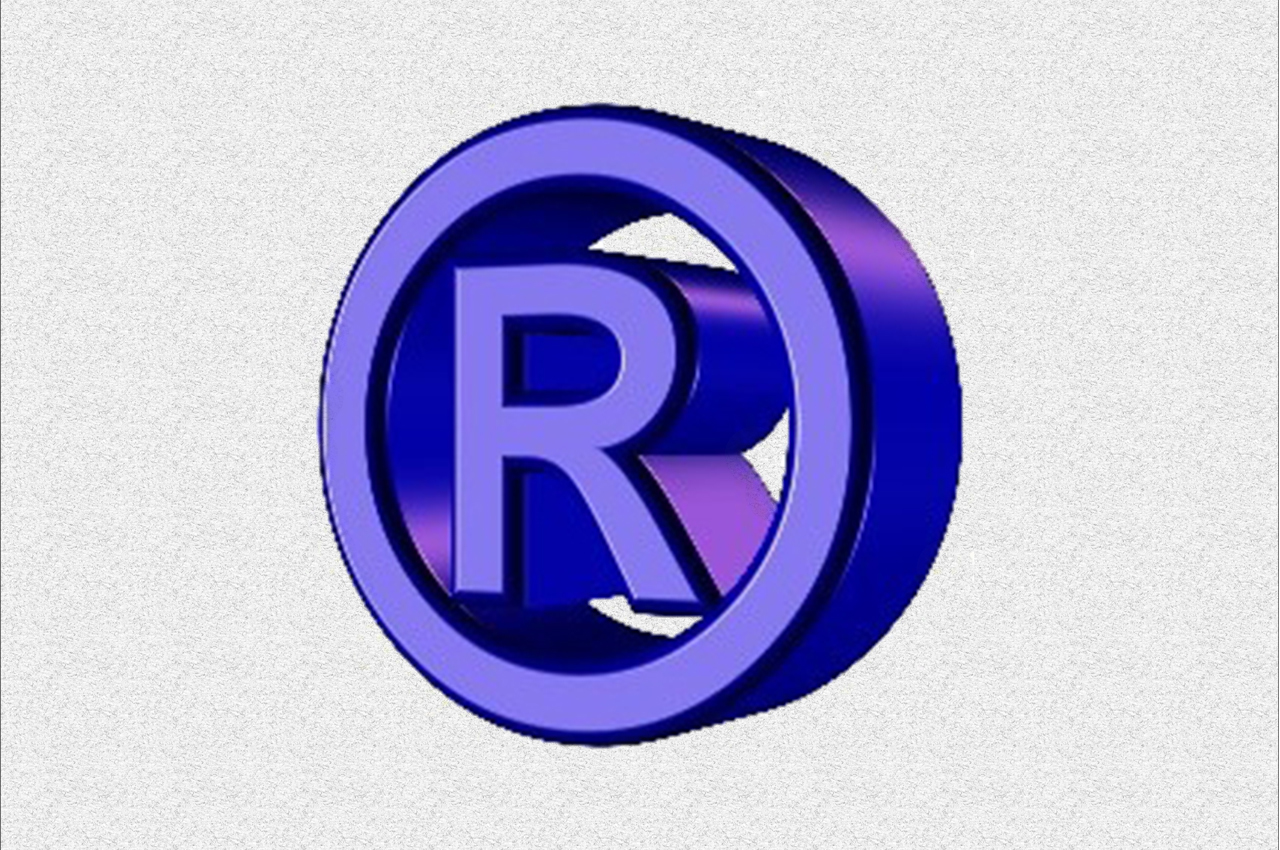Resources
Trademarkology
Likelihood of Confusion PSA: Panama City and Panama City Beach are not the same place

This is a picture of “Panama City’s beach” NOT “Panama City Beach”
Like pretty much everyone in Nashville, we take our beach vacations in the panhandle of Florida. In fact, at this very moment I’m a couple of drinks deep into day-two of a family vacation on the beach at Panama City, Florida– which is not to be confused with Panama City Beach, Florida.
You see, up until yesterday, I thought that “Panama City Beach” was the name of the beach in Panama City. It’s not. Panama City and Panama City Beach are different cities. I came to this realization when we passed the Panama City Beach City Hall and a sign that said “Panama City- 16 Miles.” This started a 16-mile-long debate (mostly with myself) about whether Panama City and Panama City Beach were the same city. The issue was resolved upon our arrival, after a quick check-in with Trademarkology’s staff cartographer, Dr. Wik I. Pedia. He confirmed that they are, in fact, two different cities, and neither of them is Panama City, Panama. [Bonus tip for my fellow geographically-challenged friends: I also recently found out that Holland is not a country.]
The source of my confusion, of course, is the fact that Panama City does indeed have a beach, and that Panama City and Panama City Beach are right next to each other. Also, it never really mattered until now, because we are trying to coordinate a get-together with my friend and colleague, Melissa Smith, who is down here with her family and about 16 miles further away than we had originally thought.
So, what does this have to do with trademarks?
One of the most common reasons that your trademark application may be rejected is “likelihood of confusion” between your trademark and an existing trademark. According to the Trademark Office, “likelihood of confusion” exists between trademarks “when the marks are so similar and the goods and/or services for which they are used are so related that consumers would mistakenly believe they come from the same source.”
In order to determine whether the trademarks are too similar, the Trademark Office will compare the sound, appearance, and commercial impression (i.e. design elements) of the two trademarks. Even if the trademarks are too similar, there will only be a “likelihood of confusion” if the goods and services are too related.
Applying this standard here (which probably makes no sense because they are city names, not trademarks), I think there’s no debate that “Panama City’s beach” and “Panama City Beach” are confusingly similar, and that the goods and services (chillaxing with your homies) are the same. On the other hand, the Panama City in Panama, while being confusingly similar (identical, actually) is a real metropolitan city with a population of close to a million people (in addition to being in an entirely different country), which is pretty much the opposite of the other two. Thus, the “goods and services” are different and little likelihood of confusion exists.
Now, if you’ll excuse me, I’m heading down to the beach, whatever it’s called.
The lawyers at Trademarkology provide trademark registration services backed by the experience and service of one of the nation’s oldest law firms. Click here to begin the process of protecting your brand name with a federally registered trademark.
Read more from Trademarkology



